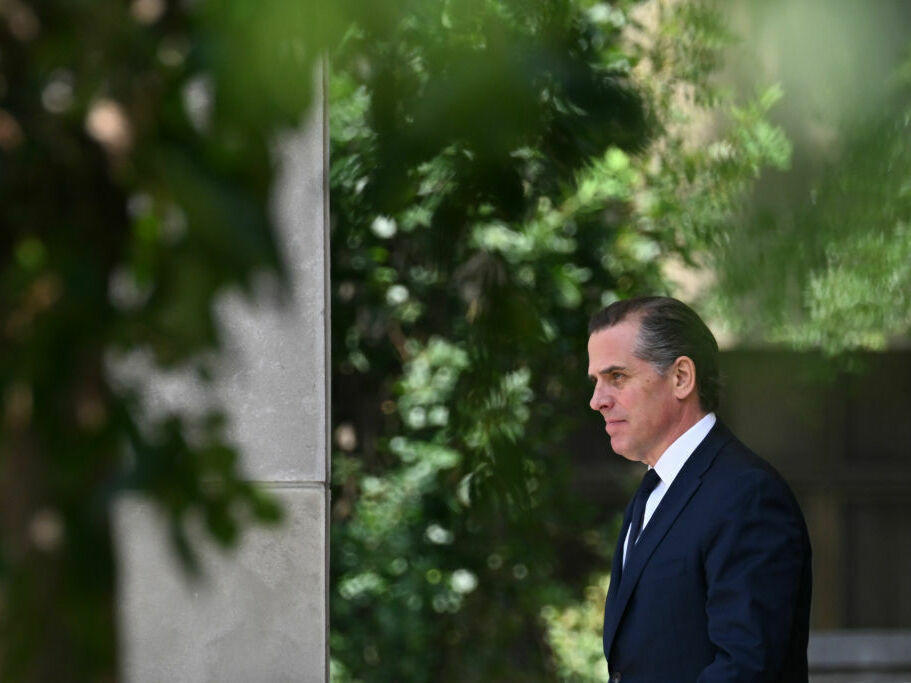Section Branding
Header Content
Hunter Biden is indicted on federal tax charges
Primary Content
The special counsel investigating Hunter Biden, the president's son, charged him on nine counts related to his failure to pay federal taxes on millions of dollars of income.
A federal grand jury in the Central District of California returned the indictment charging Hunter Biden with three felony tax offenses and six misdemeanor tax offenses.
The charges stem from special counsel David Weiss' long-running investigation into the president's son.
The indictment alleges that from tax years 2016 through 2019, Hunter Biden didn't pay at least $1.4 million in self-assessed federal taxes, and that he filed false returns for tax year 2018 in order to evade the assessment of taxes. The indictment alleges that the president's son "subverted the payroll and tax withholding process of his own company by withdrawing millions outside of the payroll and tax withholding process; spent millions of dollars on an extravagant lifestyle rather than paying his tax bills; in 2018, stopped paying his outstanding and overdue taxes for tax year 2015; willfully failed to pay his 2016, 2017, 2018 and 2019 taxes on time, despite having access to funds to pay some or all of these taxes; willfully failed to file his 2017 and 2018 tax returns, on time; and when he did finally file his 2018 returns, included false business deductions in order to reduce the very substantial tax liability he faced as of February 2020."
If convicted, Hunter Biden faces a maximum penalty of 17 years in prison, though actual sentences for federal crimes are typically less than the maximum penalties.
Thursday's development comes months after a plea deal with prosecutors – in which the president's son agreed to plead guilty to two misdemeanor offenses related to his filing of federal income taxes and enter a pretrial diversion agreement related to a felony firearm offense in order to avoid prosecution – fell apart. At the time, the judge in the case demanded that the lawyers from both sides make clear that the deal does not convey broad immunity offered to Biden from prosecution on his business dealings. Hunter Biden subsequently pleaded not guilty to the two misdemeanor offenses related to his filing of federal income taxes. That previous indictment alleges that Hunter Biden did not pay federal income taxes for either 2017 or 2018, despite owing more than $100,000 in taxes each year.
House Republicans have raised questions about what they say are Hunter Biden's questionable business dealings, and have made him a key part of their impeachment inquiry into the president, though there is no evidence yet of illegal activity on the part of the president. Still, the controversy surrounding the younger Biden does appear to be registering with the public. An NPR poll from early October shows that 63% of respondents believe President Biden has done something unethical or illegal in relation to his son's business dealings. The split is along partisan lines: Nine in 10 Republicans think Biden's done something wrong. Only 1 in 3 Democrats do.
Copyright 2023 NPR. To see more, visit https://www.npr.org.

